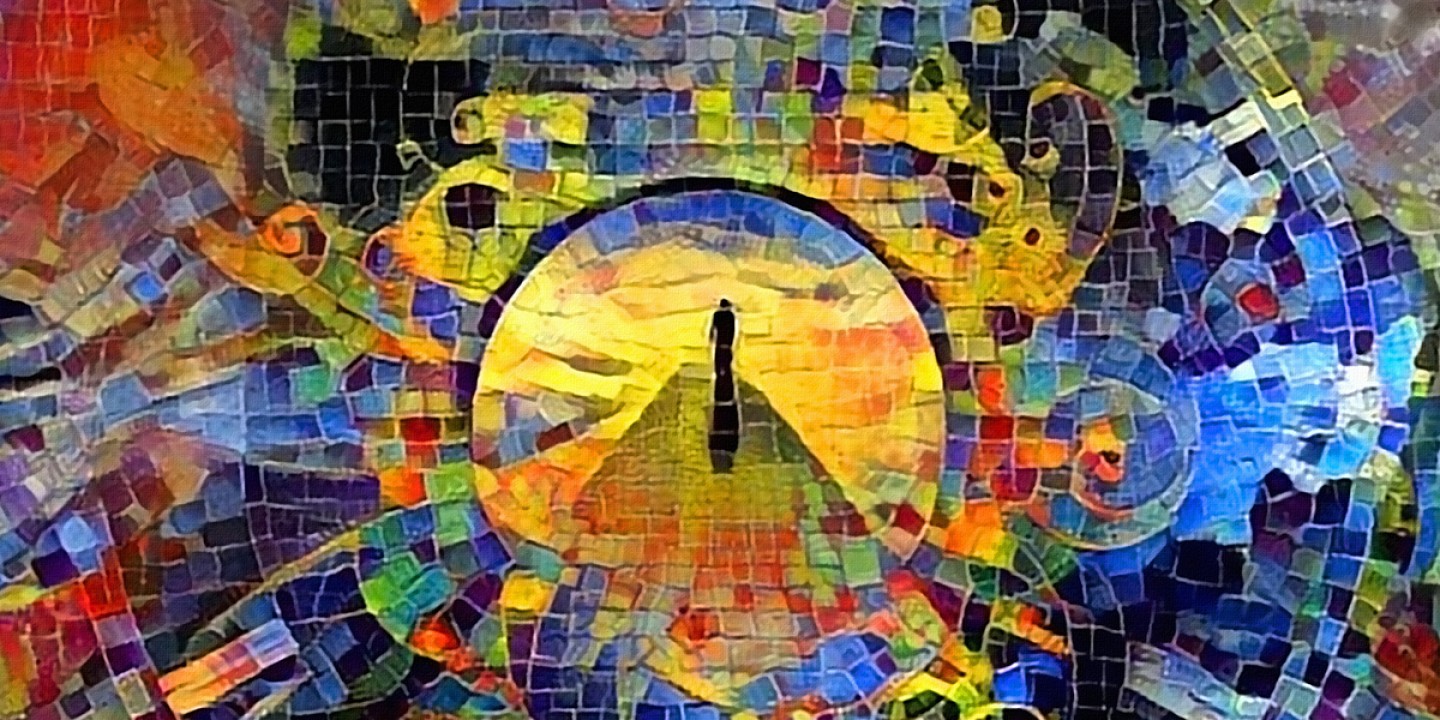A theology of heaven for our time
To affirm the truth of heaven is to fire our spiritual imaginations for this life.

I need heaven to be real. There, I said it. I’m not sure why I feel embarrassed confessing this. After all, the creed I profess with countless other Christians on Sunday mornings sanctions my belief in “the resurrection of the dead and the life of the world to come.” But official creeds are one thing, and the lived reality of faith is another. I know that in many circles belief in a literal afterlife, a literal resurrection, and a literal heaven has fallen out of favor.
I also know that this falling out happened for good reasons. I grew up with pie-in-the-sky theology: the teaching that this earth is not our home and therefore not our concern. I saw the toxic apathy and poor stewardship that emerge from an overemphasis on the hereafter. Why bother fighting pollution, climate change, or species loss if the planet is doomed to burn anyway? Indeed, why bother addressing any injustice that plagues humanity if the earth is just a giant waiting room for heaven?
Read our latest issue or browse back issues.
I also recognize how manipulative life-after-death preaching can be. I’ve heard the fearmongering altar calls, the vivid descriptions of hellfire, the horrible descriptions of “God the righteous judge” that render God cruel, stingy, and vindictive.
And yet, I still need heaven to be real. After two-plus years of a global pandemic, too many mass shootings to count, daily headlines of war, a rapidly worsening climate, increasing economic inequality, ongoing racist violence, and a staggering national crisis of mental health, I need to know that a better world is not just possible but assured. Assured not only for those of us privileged enough to enjoy a fairly comfortable life here on earth, despite its many challenges, but also for those who, despite their fondest hopes and most earnest efforts, will not experience the salvific love, vindication, healing, and justice of God in this life.
The children who have died and will die in elementary school classrooms because the United States worships guns. The millions around the world who died of COVID-19 before vaccines were developed. The Black Americans who live in perpetual fear on our streets. The young people who live under the shadow of mental illnesses that modern medicine can’t yet alleviate. Civilian casualties of war. People in chronic pain. People who, for whatever reason, experience life on this earth as burdensome, lonely, terrifying, or hopeless. For all of these people, I need to know that love, hope, and justice are secured by the Christ who died for them, too. That while we have every obligation to alleviate suffering in this world, the salvation of God’s precious children does not finally depend upon our clumsy efforts. That the pain of human life matters infinitely to God—so much so that God’s working out of healing, equity, reconciliation, and justice will not end when a human being draws her final breath on this planet. That somehow, somewhere, someday, God will wipe every tear from every eye.
I’ve spent the past few years bumping up hard against the limits of what we human beings can save by our own efforts. My son has spent five years battling a chronic pain condition that medicine cannot touch. My daughter has struggled for more than a decade with mental health challenges so severe and so unrelenting, she often despairs of living. To be clear: my husband and I will never stop seeking healing for our children in this life. There is no resignation here—we will remain fierce in our efforts to alleviate our family’s suffering for as long as we all live.
But we also recognize that our children might spend the whole of their earthly lives fighting without respite against forces that diminish them. We recognize that some things will be lost. For me, the hope of heaven is the guarantee that one day my son will wake up in a pain-free body, that a time will come when my daughter will have the capacity to delight in the singularity of her existence. The hope of heaven is the glimmer of steady light that guides and protects me in the valley of the shadow of death.
I no longer worry that a robust belief in heaven will lead to a lazy escapism. I worry about the opposite: that if the church loses its belief in the resurrection of the dead and the life of the world to come, we will also lose the ferocity of our hope, the holy restlessness that leads us to action, the commitment to justice that fuels our prophetic lament, solidarity, resilience, and courage. After all, how will we pray for God’s kingdom to come, how will we credibly usher in that kingdom in whatever small ways we can here and now, if we don’t believe in its ultimate fulfillment?
Sometimes I wonder if the church’s witness is failing because we don’t know how to translate a theology of heaven for the times we live in. Our culture’s images of heaven are so saccharine, so sentimental, so boring. What would it be like to move beyond clouds, harps, and chubby baby angels? To hold out the possibility of actual peace, reconciliation, and abundance for all?
To affirm the truth of heaven is to fire our spiritual imaginations for this life. To remind us of why we endure. To resist the binaries of faith or action, hope or engagement, and to live richly into the paradox that the kingdom of God is both here and coming, both within us and beyond us. To insist that our desire to flourish is a God-given, holy desire rooted in the promise of a life to come.
A version of this article appears in the print edition under the title “Resurrecting heaven.”
* * * * * *
Jon Mathieu, the Christian Century's community engagement editor, joined Debie Thomas in conversation about her article.






